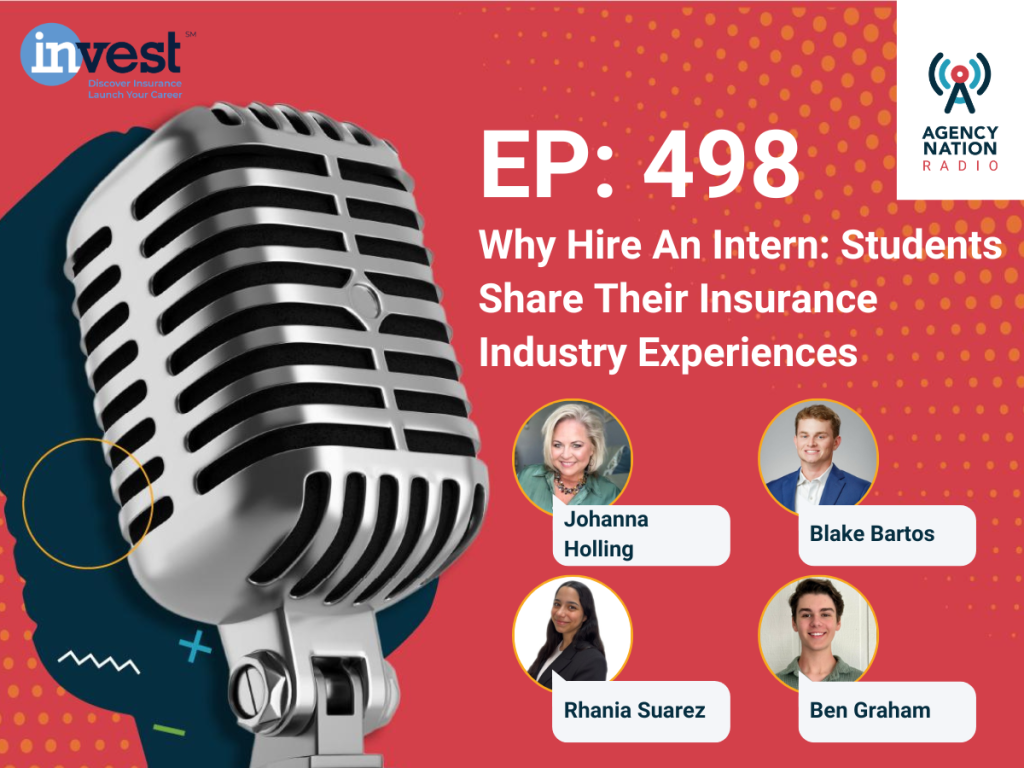How Long Until Your New Producer Investment Pays Off?

By: Jacquelyn Connelly
When determining which compensation model will work best for a new commercial lines producer, remember: You can’t expect immediate profitability.
In the first year, a new producer “has to generate enough income to basically pay for themselves,” says Al Diamond, president of Agency Consulting Group, Inc. “It doesn’t mean they break even for the agency—it means if they take $50,000 out of the agency, they’re expected to give back $50,000 in gross commissions. In the second year $100,000, and in the third year $150,000.”
If that happens, within 18 months, “they will be breaking even on cash flow, and within 36 months they will have a substantial enough book of business to pay for themselves,” Diamond explains. “That’s when you can start paying them on a pure commission basis rather than a salary basis.”
Overall, expect to make a financial commitment at least three years deep, Diamond says: “It’ll take a year and a half for them to break even and then another year and a half for them to make up what the agency has paid them to get to the point of balance where they can actually be considered an experienced, functioning producer.”
The Best Practices “Top Producers” guide to producer compensation provides the following example to help you understand a new producer’s roadmap to validation:
|
|
Year 1 |
Year 2 |
Year 3 |
|
Commissions from sales |
$20,000 |
$44,000 ($18,000 renewal + $26,000 new business) |
$69,000 ($39,000 renewal + $30,000 new business) |
|
Cost of producer |
$46,100 |
$46,100 |
$46,100 |
|
Variance |
$26,100 |
$2,100 |
$22,900 |
According to Best Practices, the average established commercial lines producer generates $30,000 in new commissions each year and receives annual pay of approximately 37% of their book of business.
At Byars|Wright, an independent agency headquartered in Jasper, Alabama, the typical validation schedule for a new hire is three to five years, says John Byars, vice president and branch manager, who calls his agency’s validation process “very systematic.”
During the first year, every new Byars|Wright producer is paired with a validated producer who serves as a one-on-one mentor. “It’s also a partnership with the rest of the production team, where we do in-field training from early on,” Byars explains. “It’s a family approach.”
The formal mentorship program lasts about a year. “Once they get to years two and three, that’s when they’re starting to get some traction—they’re starting to produce, they’re actively understanding what a quality prospect looks like,” Byars says. “Eventually, we move them to a straight commission structure.”
The mentorship piece is particularly important for millennial producers, who place a “high value on collaboration,” says Bob Pettinicchi, executive vice president and chief lending officer at InsurBanc, a division of Connecticut Community Bank, N.A. “They have to have a mentor be able to bring them through the closing process.”
Jacquelyn Connelly is IA senior editor.










